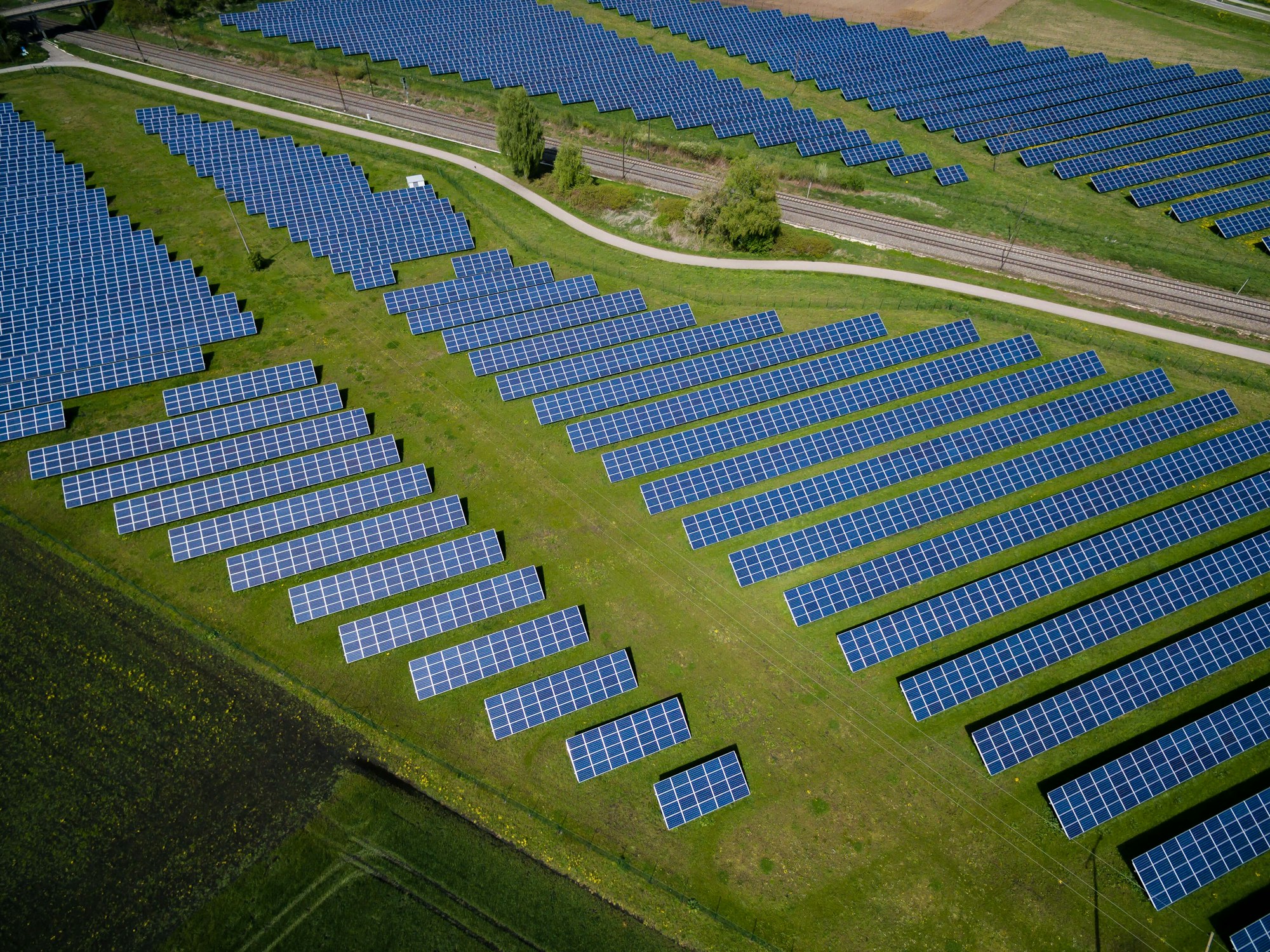DRC's Nuru Receives $40M To Build The Biggest Mini-Grid In Sub-Saharan Africa
Nuru's ambitious goal of illuminating five million lives across the Democratic Republic of Congo by September 2024 receives a major boost as IFC, the Global Energy Alliance for People and Planet and many others invest $40M in its Series B funding round.

In a region plagued by energy poverty, Nuru, a solar energy startup based in the Democratic Republic of Congo (DRC), has emerged as a beacon of hope. With its recent Series B equity funding of $40 million, with hopes of closing off an additional $28 million in project finance later this month, the company is poised to build the largest mini-grid in Sub-Saharan Africa, providing 24-hour electricity to communities in the DRC. However, Nuru's ambitious goal of illuminating five million lives across the country by September 2024 requires a significant leap in investment, raising questions about the challenges and opportunities that lie ahead.
Nuru, meaning "light" in Swahili, was founded in 2015 by Jonathan Shaw, a Kenyan-born American, with a vision of tackling the pressing issue of energy poverty in the DRC. Despite having a population of around 100 million people, less than 20% of the country's citizens have access to electricity, with many of those deprived residing in the eastern provinces. The three mini-grids Nuru plans to build in Goma, Kindu, and Bunia will harness solar power and batteries, boasting a combined generation capacity of 13.7 megawatts. This sustainable energy solution is a powerful step toward promoting climate resilience and sustainable development in a region that has been historically underserved.
The successful Series B funding, led by the International Finance Corporation (IFC), the Global Energy Alliance for People and Planet (GEAPP), and other prominent investors, marks a significant milestone for Nuru. The capital injection will enable the company to accelerate its efforts in bringing reliable and renewable energy to the communities it serves, improving their quality of life, and fostering economic growth. The existing four mini-grids already operational in eastern DRC demonstrate the feasibility and potential of Nuru's metro grid model, establishing a strong foundation for future expansion.
Speaking on the Series B round, Jonathan Shaw, Nunu's Founder and CEO says, “We are thrilled to partner with such a dynamic group of investors who are keen to drive our vision of expanding energy access and transforming five million lives in the DRC. Closing Series B is a significant milestone in Nuru’s journey, but also demonstrates the viability of the metro grid model in the distributed energy sector in Africa. Nuru extends its heartfelt appreciation to the consortium of investors for their visionary support and unwavering commitment to Nuru’s vision. Together, we will continue to illuminate lives, drive economic growth, and empower communities across the DRC.”
Nunu's $300 Ambition
Nuru's ambitious plan to connect about five million people in DRC by 2024 requires further financial backing. While the recent Series B raise is substantial, it only represents a fraction of the $300 million target needed to achieve this goal. Closing this funding gap presents a considerable challenge for the company, but the opportunity to impact millions of lives in a region that has long been neglected is a powerful motivator for investors and philanthropic organizations alike.
Moreover, Nuru's approach to financing its growth journey is noteworthy, bridging the initial funding gap through a convertible note round from REPP, Proparco, and E3 Capital, with each committing $500,000. The startup raised $3.8 million in its E3 Capital (formerly Energy Access Ventures) led series A round with EDFI ElectriFI in 2018. The investment was catalytic in building Nuru’s current operating mini-grid portfolio in the cities of Goma, Beni, Tadu, and Faradje. These demonstrate the company's ability to attract strategic partners who share its vision. The forthcoming $90-million Series C round, expected to launch later in the year, is a testament to the confidence investors have in Nuru's potential for transformation. However, the company will need to navigate the financial landscape carefully, ensuring that it continues to appeal to both impact-driven investors and those seeking sustainable returns.
Theouut's Take
The impact of Nuru's work extends beyond mere electricity provision. By focusing on renewable energy sources and mini-grid infrastructure, the startup plays a crucial role in reducing the reliance on fossil fuels in a region with limited electrification. Not only does this contribute to mitigating the impacts of climate change, but it also paves the way for more sustainable development in the DRC.
Critics may raise concerns about the viability and scalability of Nuru's model in a country marked by political instability and infrastructural challenges. Additionally, the DRC's vast size and geographical diversity present unique logistical hurdles that the company must address. Nuru's success will depend on its ability to navigate these complexities and build strong partnerships with local communities and government stakeholders.
Despite the challenges, Nuru's journey is one of hope and possibility. By shining a light on the transformative power of renewable energy, the company has the potential to uplift millions of lives, opening doors to improved education, healthcare, and economic opportunities. As the quest for sustainable development gains global momentum, Nuru's vision aligns with the broader aspirations of creating a more inclusive and resilient future for all.
